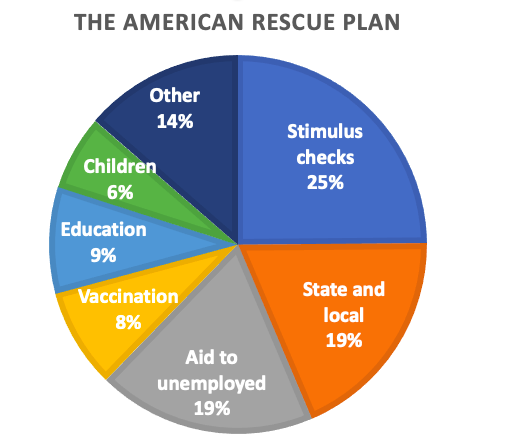
The next time someone tells you that the parties are the same, or worse, that the GOP represents the working class, compare the distributional impact of Trump's main economic policy and Biden's (so far) 1/
Here's the Tax Policy Center estimate for the Trump tax cut (in 2018) 2/ taxpolicycenter.org/publications/d… 

And here's TPC on the American Rescue Plan 2/ taxpolicycenter.org/taxvox/tpc-fin… 

One party is trying, however imperfectly, to address inequality; the other is trying to increase it 4/
• • •
Missing some Tweet in this thread? You can try to
force a refresh




